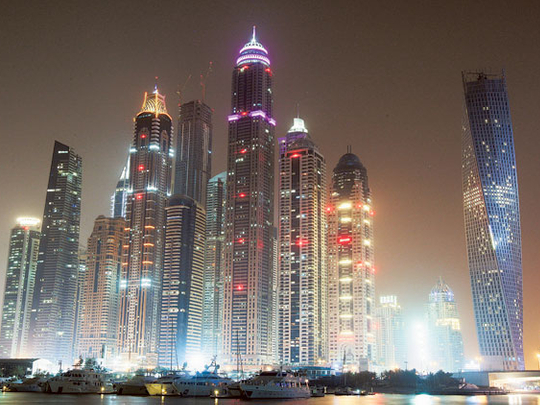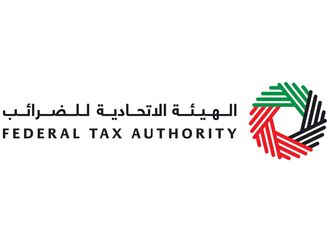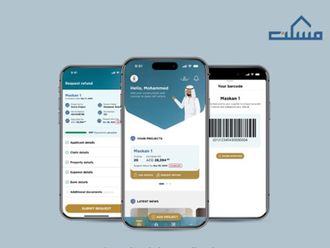
Speculation that the skyscraper Marina 101 was about to restart construct under the auspices of RERA gave much needed cheer to investors waiting years to see some return on their investment.
Being an iconic landmark on the Dubai skyline, it was inevitable that this projectm would attract the attention of the regulators, who have patiently worked with a number of stakeholders in efforts to get the project past the finish-line. As investors begin to line up outside the doors of RERA, there is optimism about its success and the resultant upside this would entail.
From a larger perspective, however, there are a number of other stalled projects that have not (as yet) caught the zeitgeist of the media and the public, despite the same issues being prevalent. In most cases, these are developments that have run into disputes and/or for other reasons have been starved of cash so close to the finish-line.
Without adequate attention, these projects acquire a 'zombie status' for a number of reasons, not least being that the liabilities of these projects are not well documented. This does not negate the project’s viability, and even as investors continue to wait on the sidelines as market values climb, the ability to see these stalled projects to fruition becomes frustratingly out of reach.
Join hands
In India, a PPP (public private participation) approach led to the creation of a fund structure in 2019 to revive zombie projects, one that is now beginning to bear fruit as 4,000 such units are on the cusp of being delivered after being in hibernation. Led by government participation through their pension fund scheme, it attracted the interest of institutional and retail investors alike, with a management board that looked at acquiring projects that were entangled in legal and bureaucratic process.
In two years, 16 projects were revived, with another 59 being handed approval for being restarted before the end of the year. Returns that are expected from the 16 projects that are on the cusp of being handed over have achieved an IRR (internal rate of return) of 12 per cent, which is remarkable considering the complications that had to be overcome and the fact that these projects were stalled, in many cases, for over a decade.
Freewheeling markets have a dualistic outcome of win/lose scenarios that manifest themselves in the form of stalled projects. Regulation has to play its role towards creating incentives that nurture these projects towards completion such that pareto optimum results accrue.
Special purpose
In Dubai, since the advent of freehold, and the resultant boom/bust cycles that the market has gone through, there have been myriad examples where it has become increasingly cumbersome for such projects to be revived once they get mired in the legal process. SPV (special purpose vehicles) structures with government backing - structured in a way where government/bank finance are treated with “first charge” recourse - allows for the participation of smaller investors in a regulated structure, while allowing for the original set of investors to see their investments come to much needed fruition.
Such vehicles can be structured individually and can start small, much like controlled experiments. But the underlying operating principles are the same in most cases - a narrative that overcomes the “winner take all” approach and a “derisking” of individual developer risk such that capital (currently being allocated towards secondary market trading) can be rerouted towards productive formation of assets.
What we need is a recognition (from the latin verb recognoscere for ‘know again, recall to mind) that the financial system has dualistic properties that have powerful effects on both the human psyche and the stability of the markets. It assumes and predicts that people’s behavior depends on an array of factors, and that their preferences are often constructed at the time of the decision.
In the current environment where asset prices are rising, the time is ripe in Dubai for these preferences to be channeled into a vehicle that capitalizes on the upside potential of these stalled projects. And simultaneously allows for the participation being done through the capital markets, thereby infusing a sense of vitality and activism that will allow for investors of all stratas to benefit.









